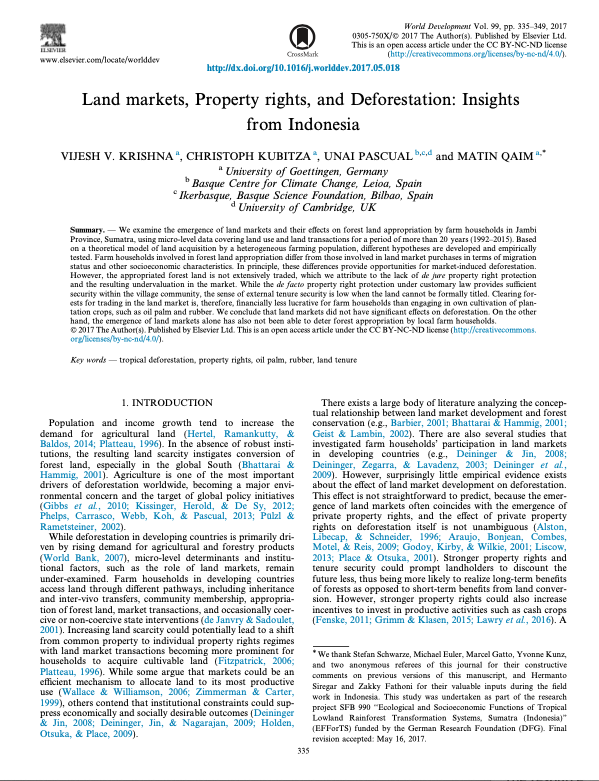Spatial borders of a real-estate ownership title under present legal conditions in Poland
In the broadly understood process of real estate management owners and users as well as other entities participate, inter alia, banks, courts, notaries, appraisers, managers and intermediaries in property transactions, investors, construction supervision services, and architectural and construction administrative bodies, for which up-to-date, complete information on real estate is a prerequisite for taking appropriate decisions. Since 1989, real estate, and thus information on it, has become an important element of the economic development and functioning of the State.
Shared real estate situation in Riga
The topic about shared real estate and ownership of landed property has become important only in the latest years. In connection with the rise of estate tax, the land’s cadastre value and the lease of land, the contradictions have also become more aggravated in shared real estate’s situations, which had occurred at some point when land reforms and privatization took place.
Political Economy of Forest Tenure Reform Implementation in Nepal: Evolution, Contestation, Outcomes and Challenges
How do property rights reforms provide incentives for forest landscape restoration? Comparing evidence from Nepal, China and Ethiopia
Pastoralism and Land Tenure Transformation in Sub-Saharan Africa: Conflicting Policies and Priorities in Ngamiland, Botswana
In dryland Africa, access to land and water resources are central to pastoral livelihood activities. Policy intervention in these regions represents the outcome of concerted post-independence processes in which countries have committed to land tenure transformation as a policy objective. This was meant to create private, liberal property rights to replace communal customary tenure systems which were considered to be a constraint to development. Despite these efforts, decades of scientific research indicate that countries are still struggling to meet environmental sustainability objectives.
Legal, policy and institutional frameworks for community land rights in the wake of developmental projects in Zimbabwe : challenges and way forward
This research reviews legislation and policies in Zimbabwe that have a direct or indirect bearing on the relocation of communities. The current model for large-scale investments has changed from previous models, where the majority of investment projects were undertaken by international companies with limited governmental intervention. While relocation of communities may be inevitable, it is argued that such actions should take into account constitutional provisions, regional and international best practices.
The Relation between Large-Scale Land Acquisitions and Rural Households: Evidence from Ethiopia and Tanzania
markdownabstractThe aim of the thesis is to understand the impact of large-scale foreign land acquisitions on rural households. The rapid expansion of large-scale land acquisition (LSLA) by foreign investors in developing countries over the past 10 years has precipitated a heated debate over the impacts on rural households in the recipient regions. LSLA brings often much-needed investment to agriculture in developing countries, potentially raising productivity, and creating rental and labour opportunities from which rural households can benefit.
Land markets, Property rights, and Deforestation: Insights from Indonesia
We examine the emergence of land markets and their effects on forest land appropriation by farm households in Jambi Province, Sumatra, using micro-level data covering land use and land transactions for a period of more than 20 years (1992–2015). Based on a theoretical model of land acquisition by a heterogeneous farming population, different hypotheses are developed and empirically tested. Farm households involved in forest land appropriation differ from those involved in land market purchases in terms of migration status and other socioeconomic characteristics.
Land Certification and Schooling in Rural Ethiopia
This paper investigates the impact of a rural land certification program on schooling in two zones of the Amhara region of Ethiopia. Using the variation in the timing of the arrival of the program at the local level, we investigate the link between land tenure security, schooling and child labor. The results show a positive effect of improved land rights on school enrollment for all children in one of the zones studied, and for oldest sons in the other. Grade progress of oldest sons, who are most likely to inherit the land, worsens.







